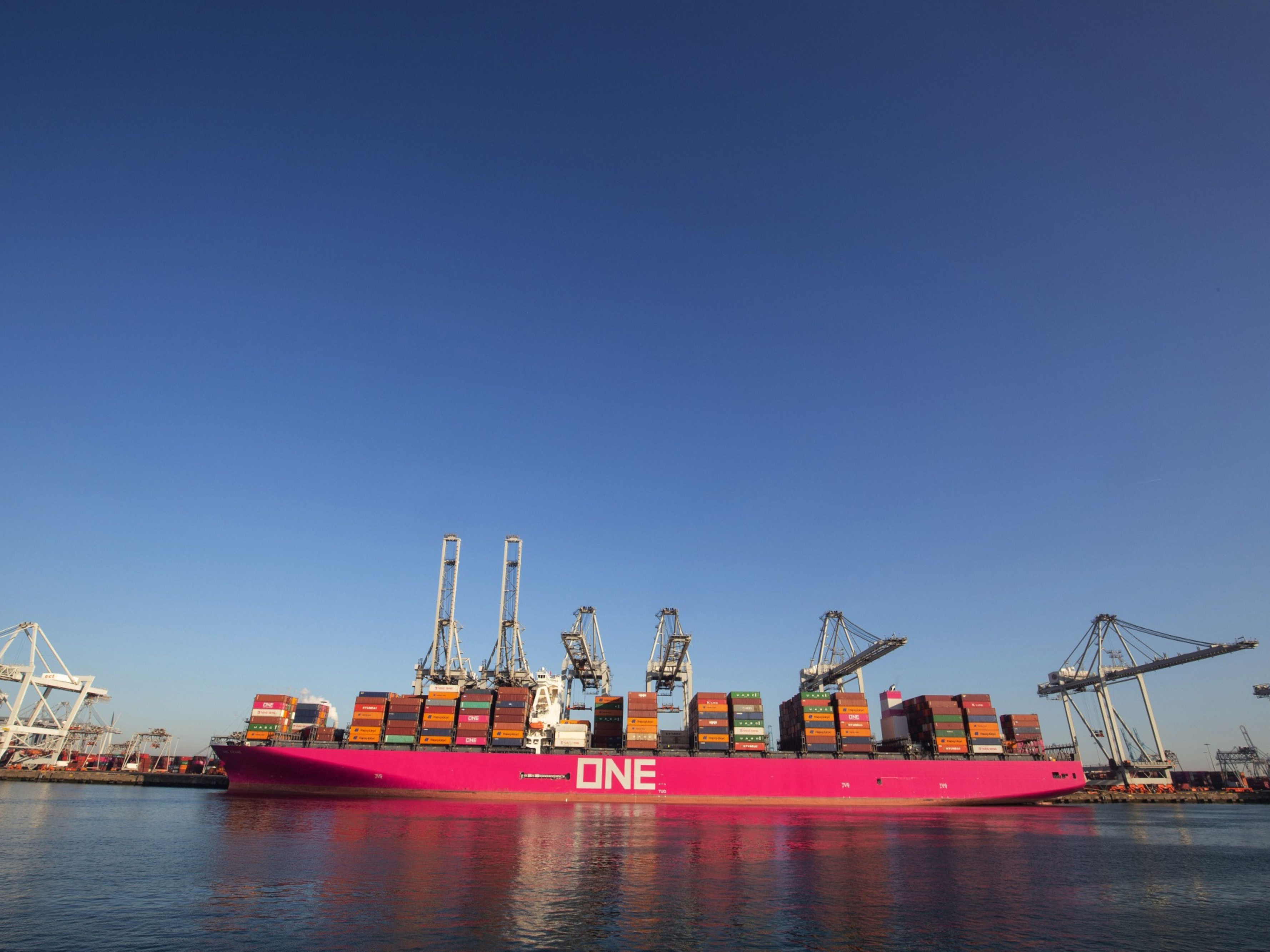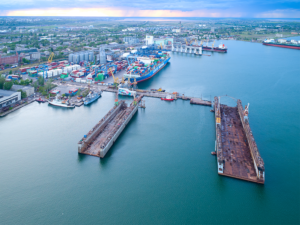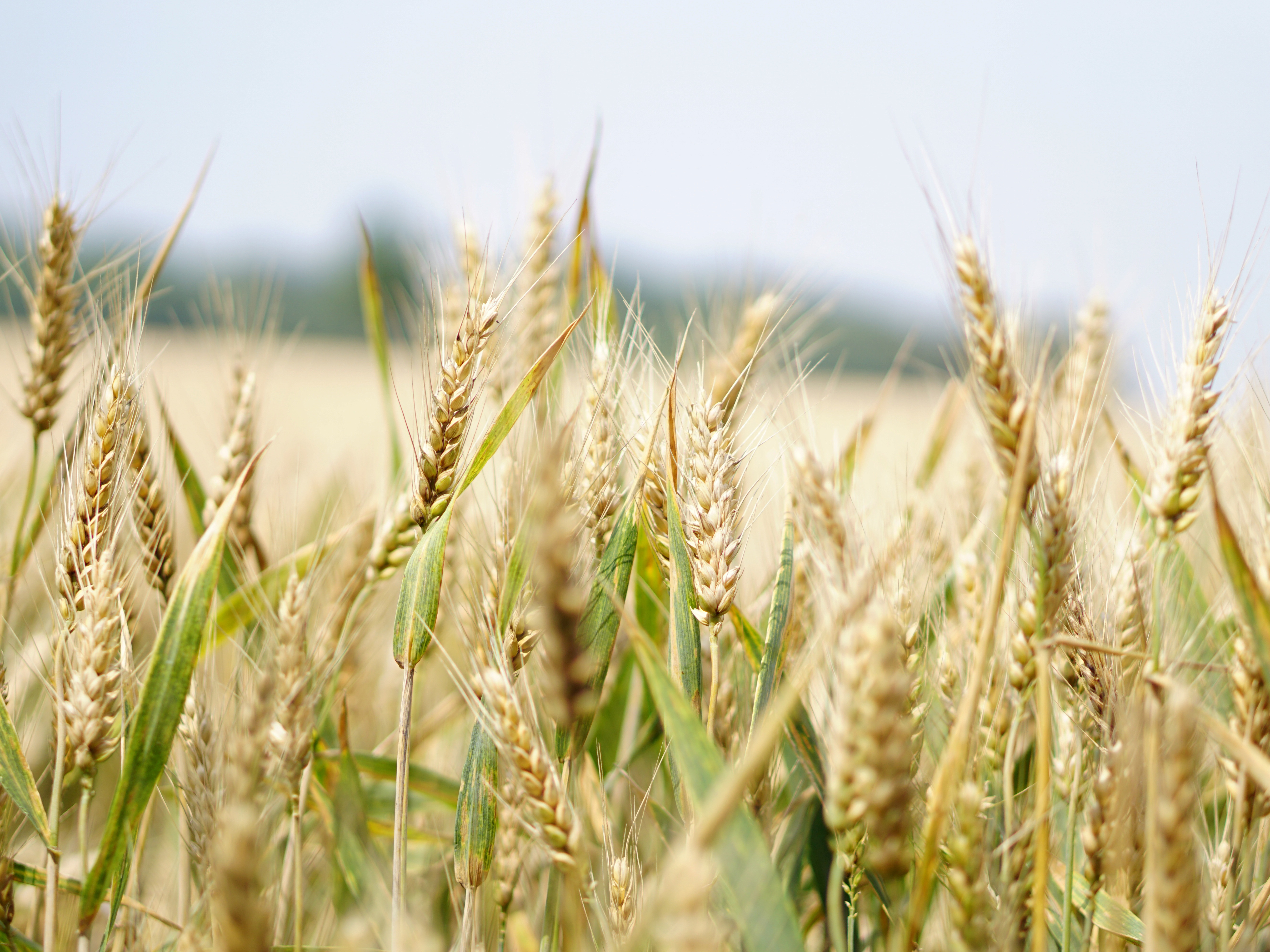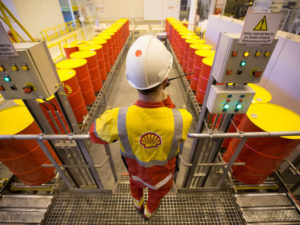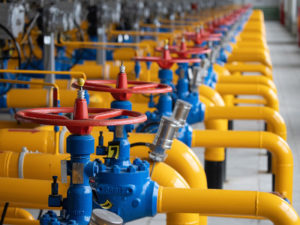Europe
Europe
The latest supply chain news, analysis, trends and best practices for companies operating in Europe. Learn how businesses are optimizing supply chain and logistics performance across Europe’s 50 sovereign states and four dependencies - addressing a range of challenges such as varying regulations, developing customs and tax laws and government controlled exchange rates.

